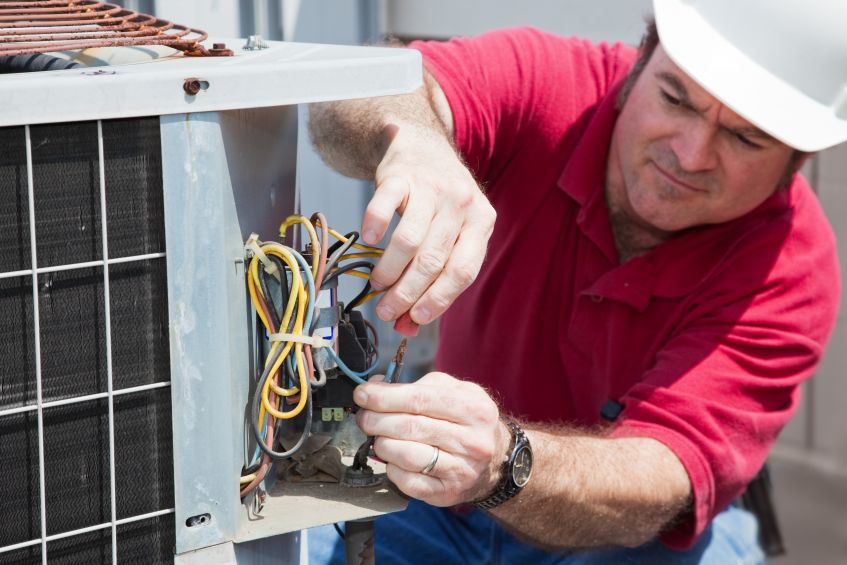When people who have relied on liquefied petroleum gas for their heat are finally able to hook up to the municipal utility gas pipeline, they typically are very happy about this. The situation develops when a rural population grows large enough that the municipal natural gas supplier decides that extending the pipeline to this area is worthwhile. When it’s time for new Heating System Installation in Baltimore MD, the homeowners now can switch to natural gas. Click Here for information on one particular heating contractor.
Advantages of Natural Gas vs. Propane
Natural gas usually is less expensive than propane fuel is. Pricing is more consistent throughout the heating season as well. Propane prices can spike during the coldest temperatures when demand is high and shortages of the fuel occur.
Delivery and paying for natural gas service is more convenient. With propane, customers must seek out delivery companies and compare pricing and customer service aspects. They must consider variable pricing methods involving different types of contracts or one-time delivery service.
If they don’t want to sign a contract allowing the company to deliver fuel on its own schedule, property owners must routinely monitor the tank gauge to prevent running out of propane. That requires going out to the tank on cold winter days, sometimes traipsing through a foot of snow.
Waiting Until Installation Is Necessary
Although these men and women could make the change before a new furnace is required, they typically don’t want to spend that money until the propane furnace is nearing its final days. At some point, after the annual maintenance appointment, the technician from a company such as Saffer Plumbing & Heating will advise the customers to start thinking about new Heating System Installation in Baltimore MD. The customers may have already needed to deal with a breakdown or two during the previous winter.
Other Appliances
Another consideration is whether the household relies on propane for the range and oven, water heater, and clothes dryer. Conversion of these appliances to natural gas is possible but may cost more than replacing them. The homeowners have the option to continue running the appliances on propane until those machines start to wear out.

